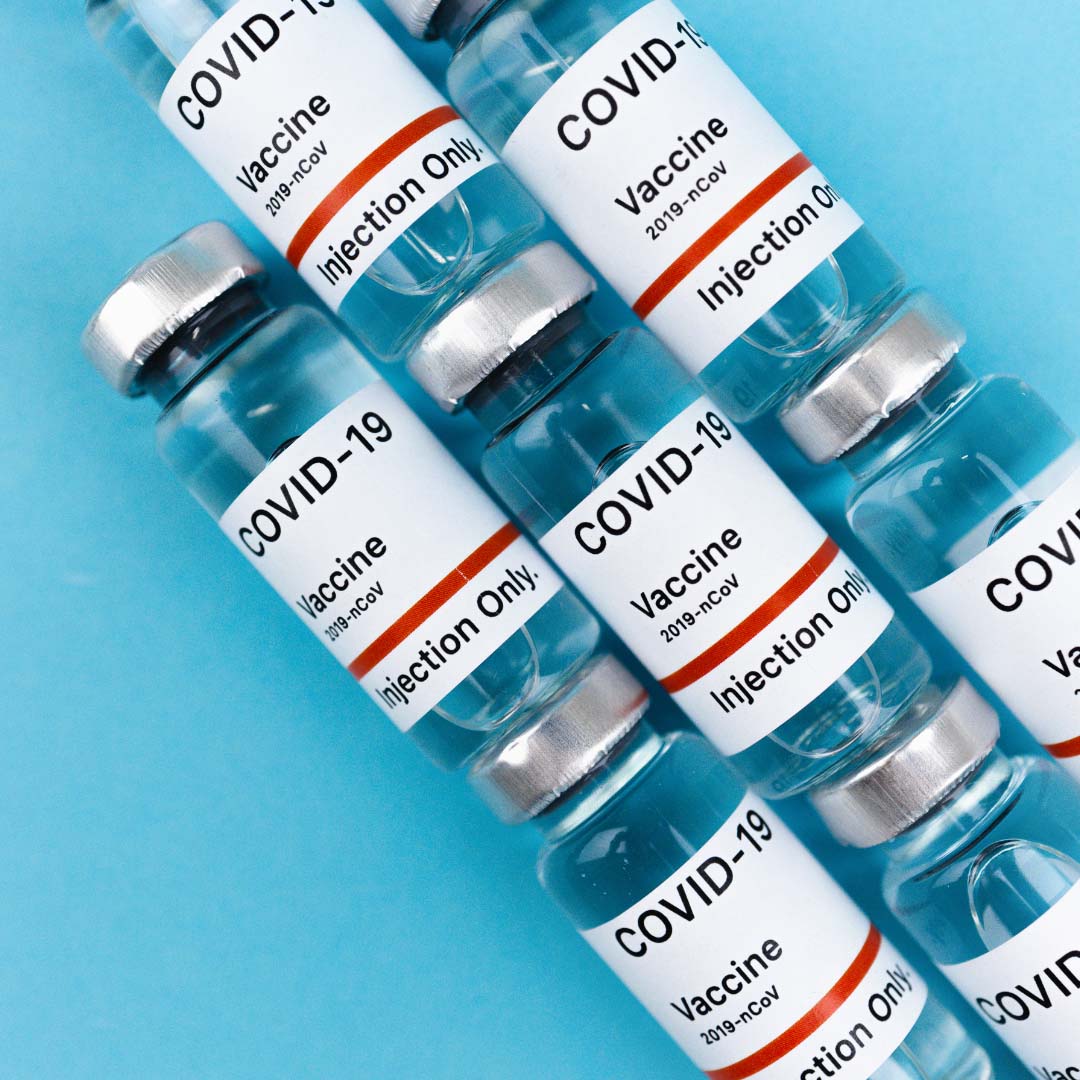The Centers for Disease Control and Prevention has been tracking a rise in COVID-19 cases and COVID-related deaths over the last few months.
“In the past several weeks, the number of cases and deaths from COVID-19 has increased locally, statewide and across the country,” Provost Sue Mattison, who has a doctorate in epidemiology, said in an email interview.
With over 16,000 hospital admissions in the United States in the beginning of October, death tolls in relation to COVID-19 accounted for 2.5% of all U.S. deaths, according to the CDC.
Despite hearsay that COVID is becoming less threatening, the disease is still inherently dangerous to those most susceptible to illness, Mattison said. She continued, saying that the number of cases overall has declined due to vaccines meant to prevent the coronavirus. So, the status of COVID-19 has waned to “endemic levels.”
Additionally, Michelle Bottenberg, a professor of pharmacy practice at Drake, says that COVID-19 is becoming like any other respiratory illness.
“Whether it’s COVID [or] influenza, we know that the cases are going to go up, come winter…I feel like it’s probably what we usually would see with any type of respiratory virus,” Bottenberg said.
An article from the Yale School of Medicine said that most current infections are caused by Omicron sub-variants. In order to be up-to-date with vaccinations, the CDC currently recommends that everyone over the age of five years old get an updated COVID-19 vaccine. This includes the most recent versions of the Pfizer, Moderna or Novavax vaccines.
Despite the development of a bivalent booster (the most recent version of the COVID-19 vaccine), there has been very low uptake of it across the country, according to The New York Times. In fact, only 20% of the Iowa population has gotten this booster.
According to VaxAssist, these vaccines are available to people in Des Moines through various pharmacies (such as Walgreens or Hy-Vee) or health clinics (such as Broadlawns Medical Centers and Primary Health Care Clinics).
Mattison said that when the pandemic first arose, the University took several preventative measures across campus. She said that, even now, some students and staff wear masks when recovering from illness. Mattison said some people on campus will probably be affected, but not to the extent Drake saw before vaccines were implemented.
If students do happen to get sick, there is benefit in having a plan prepared in advance for how to deal with it, said Bottenberg. She said at-home COVID-19 tests are still readily available for purchase at pharmacies and other stores such as Walmart or Target.
Bottenberg addressed the benefit of students having a plan prepared if they do get sick.
“Know your plan if something does happen,” Bottenberg said.
She gives three main recommendations: prepare and get vaccinated; take individual precautions for self care and have supplies ready like tissues, pain relievers and a thermometer; and have a support structure in place like isolate and have a roommate or friend to help, and know where to go to receive health care.
“Don’t come to class. Nobody wants your germs,” Bottenberg said.
As far as the University implementing precautionary measures, both Bottenberg and Mattison said that it is not necessary because COVID-19 has been reduced to an endemic level.
“[Drake] will respond according to the best available scientific evidence,” if a public health emergency were to occur again, Mattison said.







